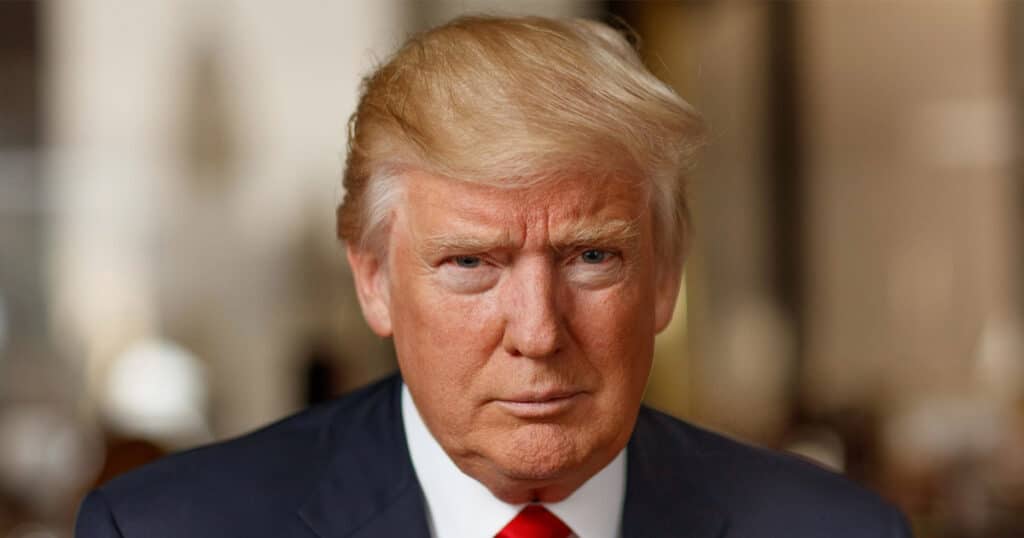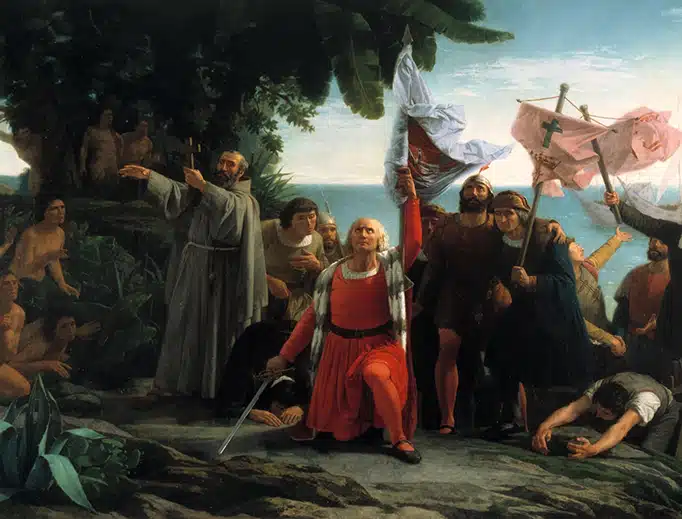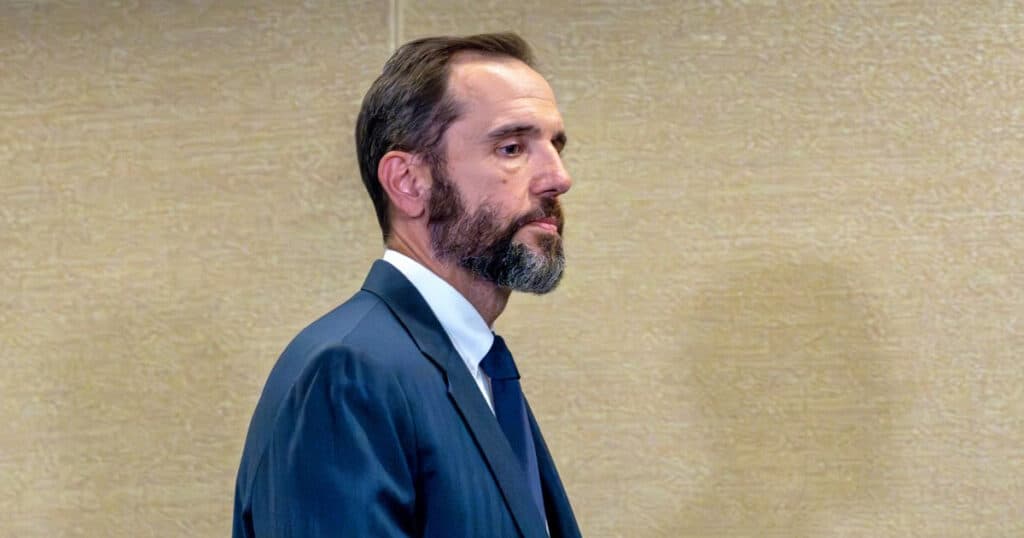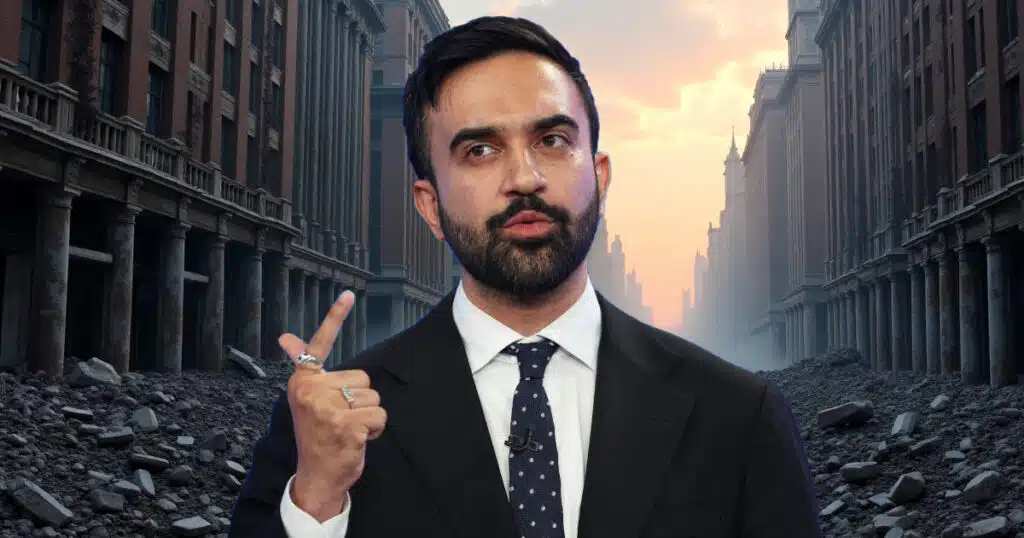
For Trump, Politics is Battle
A progressive friend said something insightful weeks ago:
“Trump doesn’t feel like he’s in power unless someone is getting hurt.”
His observation came during the public “breakup” of Elon Musk and President Trump over the former’s criticism of the big, beautiful bill, but before Trump sent U.S. Marines to Los Angeles to help quell riots over immigration enforcement. And before Trump ordered airstrikes on Iranian nuclear targets. And before the Right splintered over America’s role in Israel’s war.
A political science major, my friend owes some of his prescience to his undergraduate study of Niccolo Machiavelli.
In both The Prince and Discourses, Machiavelli grounded his theory of politics in his understanding of human nature. Because people are motivated by a capricious self-interest, he believed, people will fight with one another to realize their goals.
“This is to be asserted in general of men,” Machiavelli wrote. “That they are ungrateful, fickle, false, cowardly, covetous,” and compete incessantly for power, resources, and more. The regime whose primary goal is to placate rivals, whether internal dissidents or foreign enemies, will descend into chaos, Machiavelli believed. To prevent collapse, the strong leader must exert force. Force that suppresses, punishes, or destroys the weak. Force that he uses not occasionally or whenever a problem materializes, but constantly.
This is Machiavelli’s central paradigm: politics is battle. Not a battle between good and evil, or right and wrong. Just a battle, ongoing and continuous, to defend the principles on which the regime operates, if not the ones upon which it was built. In Machiavelli on Modern Leadership, the late historian Michael Ledeen wrote that, according to Machiavelli, a leader “has no other objective or thought or takes anything for his craft, except war.” Democratic and Republican presidents alike abide by this rule, both internationally and domestically. Lyndon Johnson waged a war on poverty. Richard Nixon declared a war on drugs. Joe Biden spoke of the war on Covid-19.
Trump uses force because conflict – not consensus-building, cooperation, or governance for the common good – is the nature of political leadership.
This is a reality that pundits and commentators passionately decry, especially when their preferred party isn’t in power. It is a notion that shocks progressives still in thrall to the mellifluous voice of Barack Obama, who promised that politics was not a battle but a journey towards a more perfect union. His musings about “bringing a gun to a knife fight” are all but forgotten. Obama the pacifist is the living memory.
“I did not set out to be a politician, but a community organizer,” he wrote in A Promised Land. “And what I learned in those years, and what I still believe, is that politics, at its best, is a pilgrimage – a steady, sometimes halting, often frustrating march toward greater justice and equality.” His rhetoric called for solidarity. His tone was messianic. He promised that our shared moral striving would lead to a drastically improved future, that the long pilgrimage of America would arrive someday at a profound and sacred destination.
Ironically, that destination was Trump.
From the very beginning of his campaign for president, Trump openly embraced the battle metaphors that embarrassed Obama. We are fighting against the corrupt establishment, he said. We are fighting to win the battle against illegal immigration. We are in a battle for the soul of our country.
“If you don’t fight like hell, you’re not going to have a country anymore,” Trump said on January 6, 2021. In the game of politics, Trump embraced conflict, and was determined to win on all counts — for himself, and for the country.
His foreign policy supports this point.
Speaking after the military strike on ISIS leader Abu Bakr al-Baghdadi in late 2019, Trump was unequivocal in his statement of victory. “Last night was a great night for the United States and for the world,” Trump said. “He will never again harm another innocent man, woman, or child. He died like a dog. He died like a coward. The world is now a safer place. God bless America.”
Both hawks and doves celebrated the win. Republican Senator Lindsey Graham called it a “game changer.” Conservative pundit Tucker Carlson counted Baghdadi’s death a “victory for civilization itself.” A few months later, a fault line appeared on the Right when a drone fired missiles at Qasem Soleimani, killing the Iranian Quds Force commander. Carlson criticized Trump for goading Iran into a military conflict that would weaken America.
“There are an awful lot of bad people in this world,” Carlson said on his television program in early 2020. “You can’t kill them all.”
This month, the fault line widened. As Trump prepared to strike Iran’s nuclear facilities at Fordow, Natanz, and Isfahan, Carlson cried out for more public decision-making. He spoke about the “real divide” on the Right, a line that separates people like Carlson and Steve Bannon from the interventionists and neoconservatives in the modern conservative movement. “The real divide is between those who casually encourage violence, and those who seek to prevent it – between warmongers and peacemakers,” Carlson posted on X.
Carlson warned against foreign entanglements as distractions from the problems at home, but the violence itself seemed to offend him. In one conversation with Bannon, Carlson paraphrased a story found in all four Gospels, where the apostle Peter draws his sword against the arresting party in the Garden of Gethsemane. Jesus scolds Peter, saying: “Put your sword back into its place. For all who take the sword will perish by the sword.” Carlson interpreted that passage as meaning people who espouse violence will suffer in the end.
But one biblical reference always calls to mind another.
In the Gospel of Saint Luke, a passage about the Last Supper contains a comment from Jesus to the disciples that “the one who has no sword [should] sell his cloak and buy one.” Looking about, the disciples take an inventory and tell him, “Look, Lord, here are two swords.” Jesus offers a cryptic response: “It is enough.” Perhaps Jesus is chiding them for taking him too literally, as if to say “That’s enough of this talk.” But equally possible is that Jesus was saying that two swords is enough, that physical conflict is necessary but should serve the interests of defense rather than conquest.
Though the U.S. strikes on Iran resulted in a ceasefire and perhaps negotiation of a peace deal, this outcome will not be permanent on the larger international scene. There will be more attacks, more violence, more opportunities for political leaders to practice their craft with strength and foresight. Carlson’s “peace first” politics will keep the moral high ground, but Trump’s exercise of power affirms his political legitimacy.
As Machiavelli famously wrote: “It is better to be feared than loved.”
Right now, Donald Trump is both.
John J. Waters is a lawyer. He served as a deputy assistant secretary of Homeland Security from 2020-21. Follow him at @JohnJWaters1 on X.
Adam Ellwanger is a professor at University of Houston – Downtown, where he teaches rhetoric and writing. Follow him at @1HereticalTruth on X.
This article was originally published by RealClearWorld and made available via RealClearWire.



